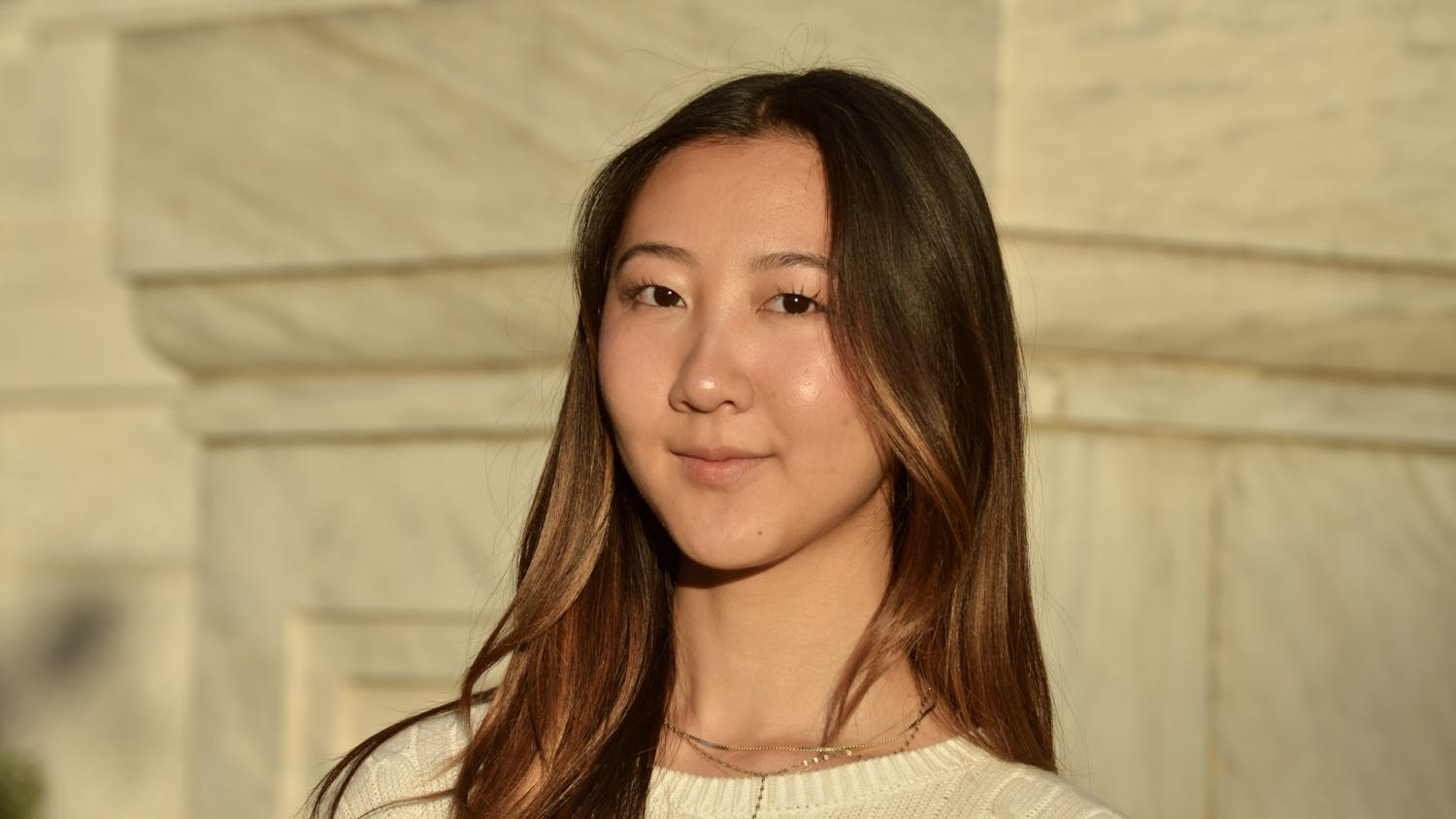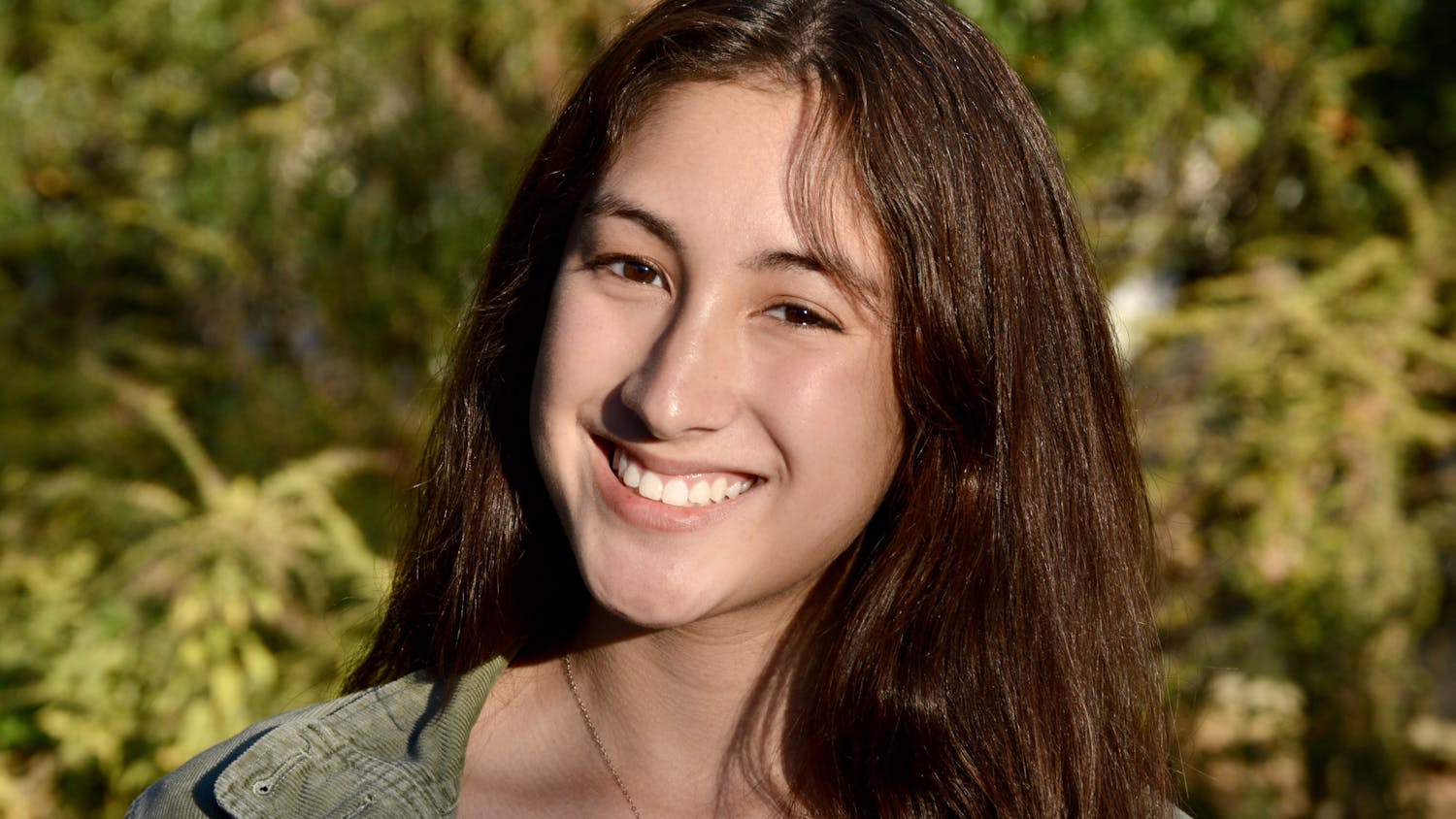In January, 3,000 lesbian, gay, bisexual and transgender activists chanted together to claim our space in a long line of public demonstrations and validating our efforts over the last 40 years. We chanted “from Seneca Falls to Selma to Stonewall.”
But these were not chants for marriage equality. This was a fight for immigration reform.
The social movements inspired by the events in that chant are ongoing and interwoven. The 1969 Stonewall riots in favor of gay and lesbian rights did not invalidate the pursuit of racial justice. Rather, they introduced a layer of nuance to the Civil Rights movement by challenging the idea that oppression functions in discrete categories of race, gender or sexuality.
More than complementing one another, or simply laying the foundation upon which the next could be built, these anti-oppressive movements actively reinvent identity politics. They call into question our social identities as women, Jews, people with disabilities. They interrogate not only the meaning of these particular identities, but also the politics of inclusion and exclusion that determine who will benefit from collective action and who will be left behind.
If the LGBT movement narrowly advocates on behalf of marriage equality, adoption rights and military service, then what about those who are marginalized because of multiple identities? For the over 250,000 undocumented LGBT people in our country, these single-issue victories would be hollow. Marriage, for example, would remain inaccessible for an undocumented lesbian woman who must also confront an unaccommodating immigration system.
Such a woman cannot separate her experiences as undocumented and as a lesbian. In order for her to achieve equal access to social institutions, both of these identities must be supported. Any movement that claims to advocate for her rights as a lesbian but not as an undocumented person contents itself with her partial liberation. A person cannot be half free or three-quarters equal because freedom demands absolute equality, which does not exist as long as our identities dictate our institutional access.
The decision not to include immigration reform in a national LGBT agenda sends the message that only certain LGBT people are worthy of full protection. It qualifies identity politics as belonging only to those who adhere to certain social norms. It declares a hierarchy that values U.S. citizens over undocumented friends and neighbors, as if their LGBT identities are less meaningful than our own.
Immigration reform isn’t separate from LGBT equality. Rather, it changes the way LGBT persons understand our identities and how we advocate for our communities.
A fully inclusive movement must reject all hierarchies. If we fail to understand immigration reform as an LGBT issue, then we have not achieved radical change. We have only shifted who benefits from systematic inequality, rather than challenging the inequality itself.
Derek Siegel is a sophomore in the College of Arts and Sciences.
edpage@theeagleonline.com




